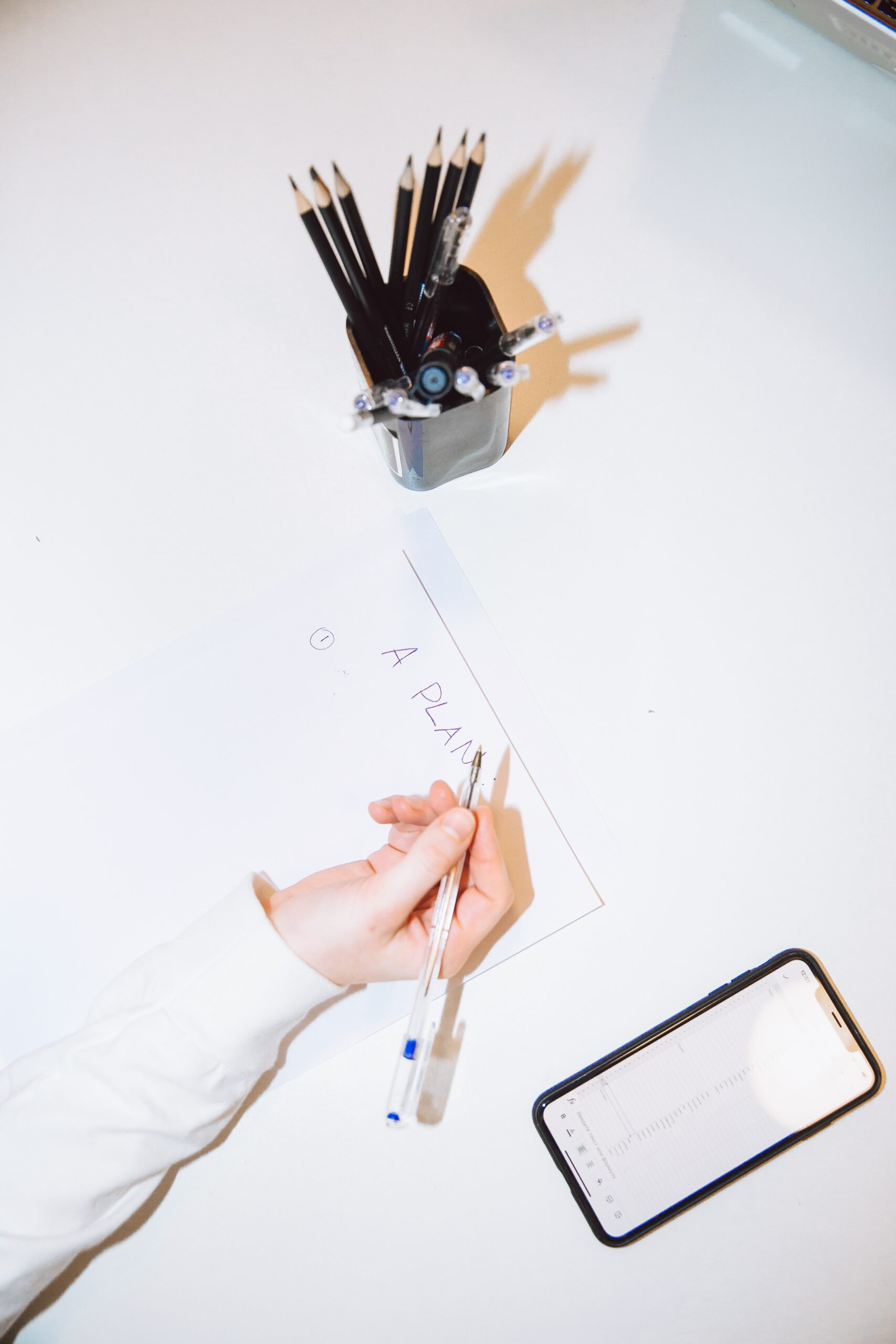How are your stress levels?
Stress feels like a constant battle lately. If it isn't juggling the different personalities of our kids, its the pressure of business and if it isn't either of those, its the ever increasing cost of living.
Downtime can feel like a real struggle when there is so much still to be done, but taking time out from the stresses of life is important.

Most of us have grown up in the age of hustle culture, and that's a hard thing to unlearn. This way of thinking values working long hours, being constantly productive, and pushing oneself to the limit in order to achieve success. But it's a mindset that can be harmful in the long-term as it leads to overwork, stress, and burnout.
Catching up with friends and family can sometimes feel like that hardest thing to do when you're depleted mentally and physically, especially when your brain lies to you about your own worth, but reconnecting with people that you share a common bond with can sometimes be the best thing you can do for your hauora, your health.

If we don't intentionally make the time to do this, the long-term costs can be pretty expensive.
Burnout isn't something to aspire towards. The cost of recovery isn't just time. Its a reduced future tolerance to pressure and stress.
If you've ever come close to burnout or if you're there now, then practising kindness to yourself is more important than ever before.
Kindness is self care. It isn't buying yourself treats, but it is being realistic with your self-expectations. It is taking time to focus on your breathing. It is taking time to separate your work from your personal life.
If you're particularly driven, it's important to be understanding and flexible when it comes to setting goals and working towards them.
It's better to be realistic and set achievable goals that take into account your personal circumstances and limitations, rather than trying to adhere to a one-size-fits-all approach.

Here are my top tips to managing stress and avoiding overwhelm and burnout:
Lists don't make most people productive. They actually make the majority of us feel guilty and stressed about not achieving everything.
One of the things I talk about, is making success lists instead of task lists as an alternative.
Take a look at these two short clips to hear what I have to say.
Making a list of all the tasks you need to do fulfills your need for dopamine initially, but the overall result is typically overwhelming as life interrupts your ability to tick everything off. By making a high level list of what success looks like to you at the end of the week, and only adding tasks of things that MUST be done, you are able to respond to life needs and meet your own self head on.
Really take the time to notice your breath for at least three minutes. Breath is able to affect our nervous system- and change our response to stress. When we are stressed, breathing tends to become shallow and sometimes held.
Te reo Māori refers to breath as Hā; say that out loud as you breathe out - haa.
Āroa hā = breath awareness, and it is a good practice to get into.
When my kids are frustrated and unable to self-regulate I often say "haa", just the process of me interrupting them with that word enables them to focus on their breathing which interrupts their brain enough to come out of the disregulation.
We work on "Hā ki Roto - Hā ki Waho" - Breathe in - Breathe out together, until they can tell me what was happening to upset them.
Another technique we've started adding to our routine is "Cake or Candle". As the kids get older we've needed to change things up a little now and then, so we offer "cake or candle", or "breathe in (to smell the cake)" and "breathe out (to blow the candle)". This one works so well that often the two oldest initiate it without needing me to interfere.
Get up and move from your task - especially if you are at a desk.
Not only will your body thank you, even the briefest movement of your body will increase blood flow (=nutrients and oxygen) to your brain which will increase alertness and focus.
Neurodivergent people can especially benefit from this, as poor interoception can interrupt the instinct to drink when thirsty.
- Drop your tongue from the roof of your mouth.
- Unclench your jaw.
- Relax your shoulders.
- Now wiggle your toes.
If you have five minutes, focus on progressively tensing and relaxing the muscles in your body.
Start with your toes, tense for 10 seconds then relax.
Move up your body towards your shoulders, arms, back, neck, face - mouth and eyes.
Really pay attention to how each part feels.
Finally
The last few years have been exceptionally difficult for many of us. Don't subscribe to this narrative that in 2023 you need to push through no matter what.
